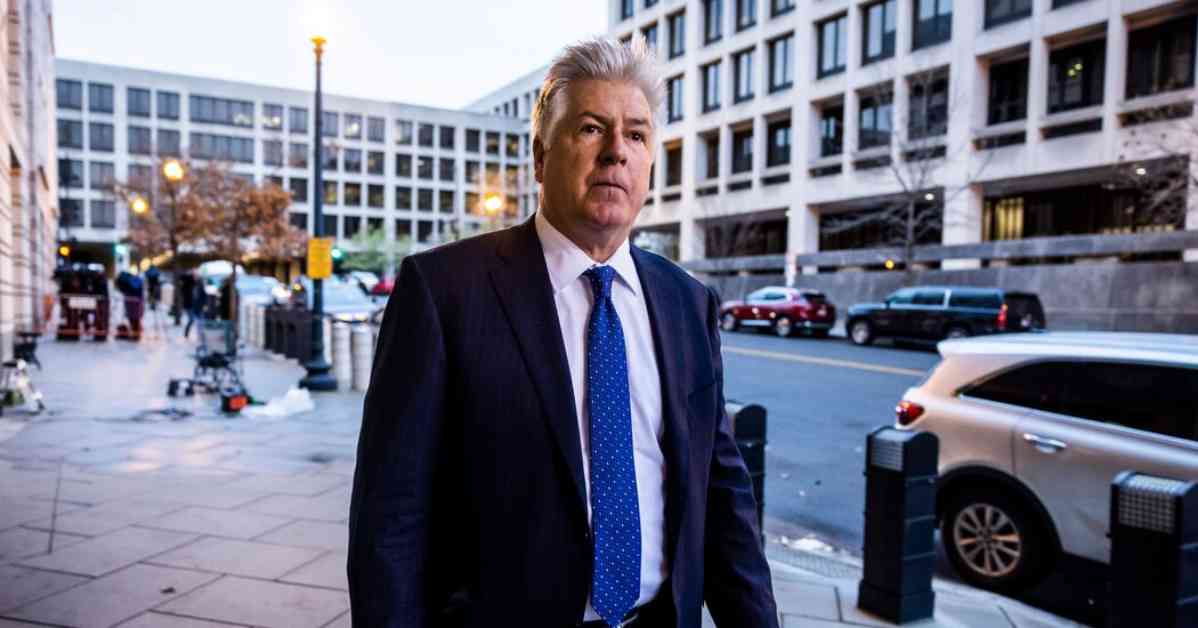A federal judge, Judge Aileen Cannon, has decided to revisit a crucial legal finding in the case involving former President Donald J. Trump’s classified documents. This decision comes after another federal court ruled on the matter previously. Judge Cannon expressed her intention to hold a hearing to determine whether prosecutors can use information obtained from one of Trump’s former lawyers, M. Evan Corcoran, in the case.
Last year, a judge had ruled that legal work done by M. Evan Corcoran had likely been utilized in the commission of a crime. This ruling had significant implications and was a cornerstone of the obstruction charges filed against Mr. Trump. Judge Cannon’s decision to reevaluate this ruling could have a substantial impact on the obstruction charges outlined in the indictment against Trump.
The crime-fraud exception allows the government to bypass the usual protections of attorney-client privilege if it can demonstrate that legal advice was utilized in the commission of a crime. Judge Cannon’s ruling to reconsider this exception could potentially delay the case further and align with Trump’s strategy of prolonging the trial process.
The decision to revisit this legal finding follows a sealed hearing held by Mr. Trump’s lawyers and prosecutors from the office of the special counsel, Jack Smith. During this hearing, Mr. Smith’s deputies expressed concerns that another proceeding on the matter would turn into a “mini-trial” and subject their witnesses to cross-examination before the actual trial commences.
Overall, Judge Cannon’s ruling to reevaluate the use of information from Trump’s former lawyer in the case could have significant implications for the obstruction charges against the former president. This decision adds another layer of complexity to the legal proceedings and may contribute to further delays in the trial process.




